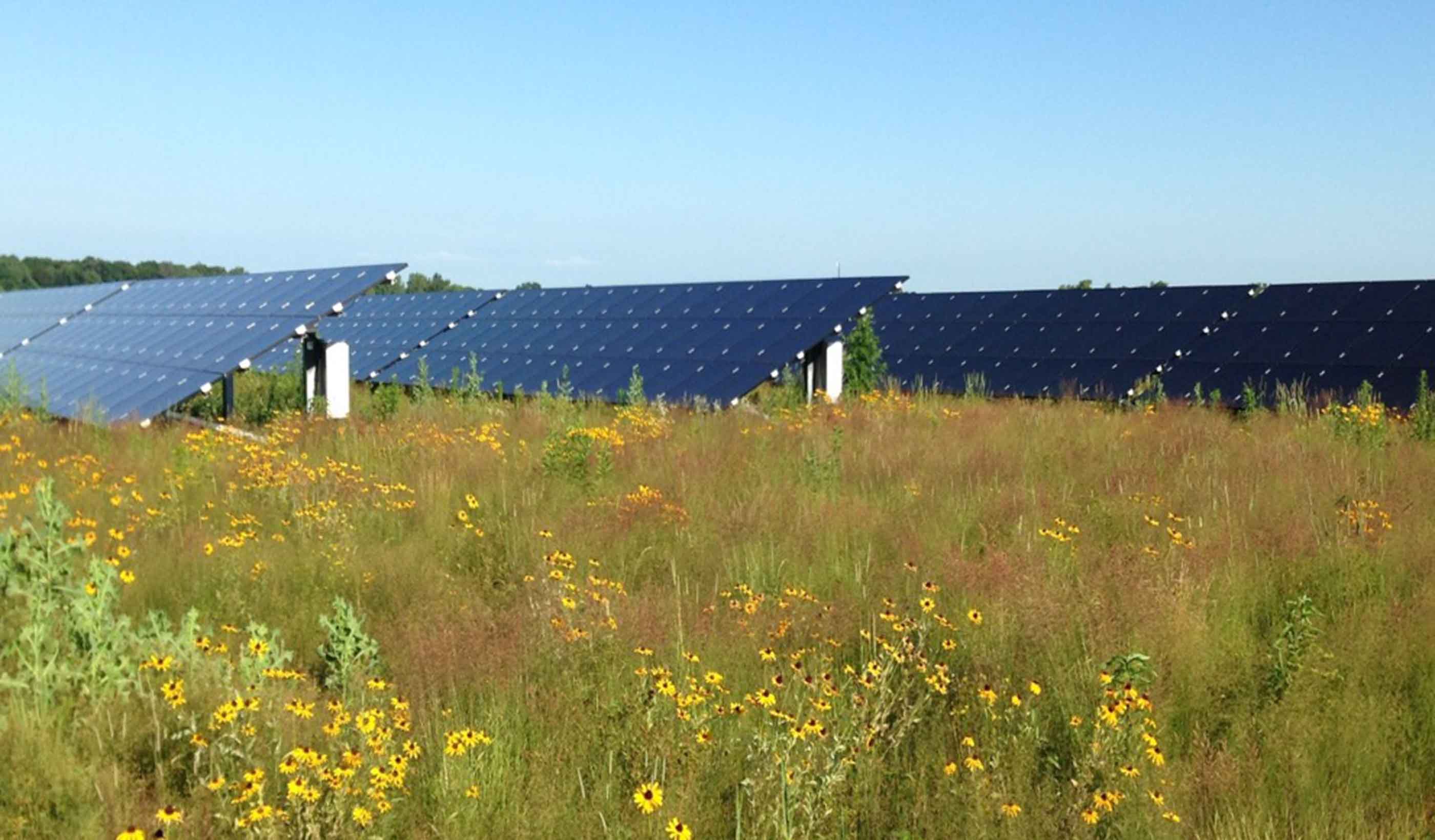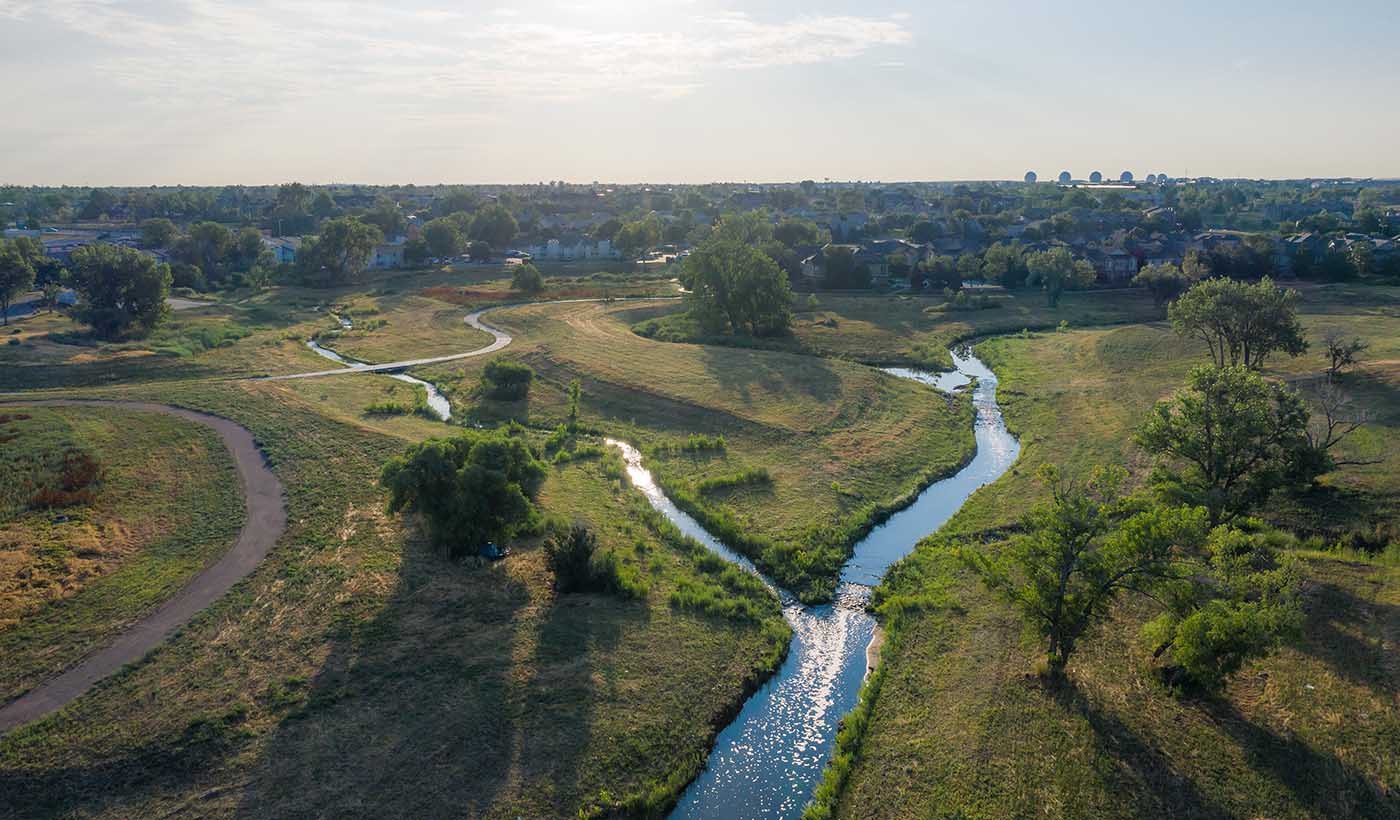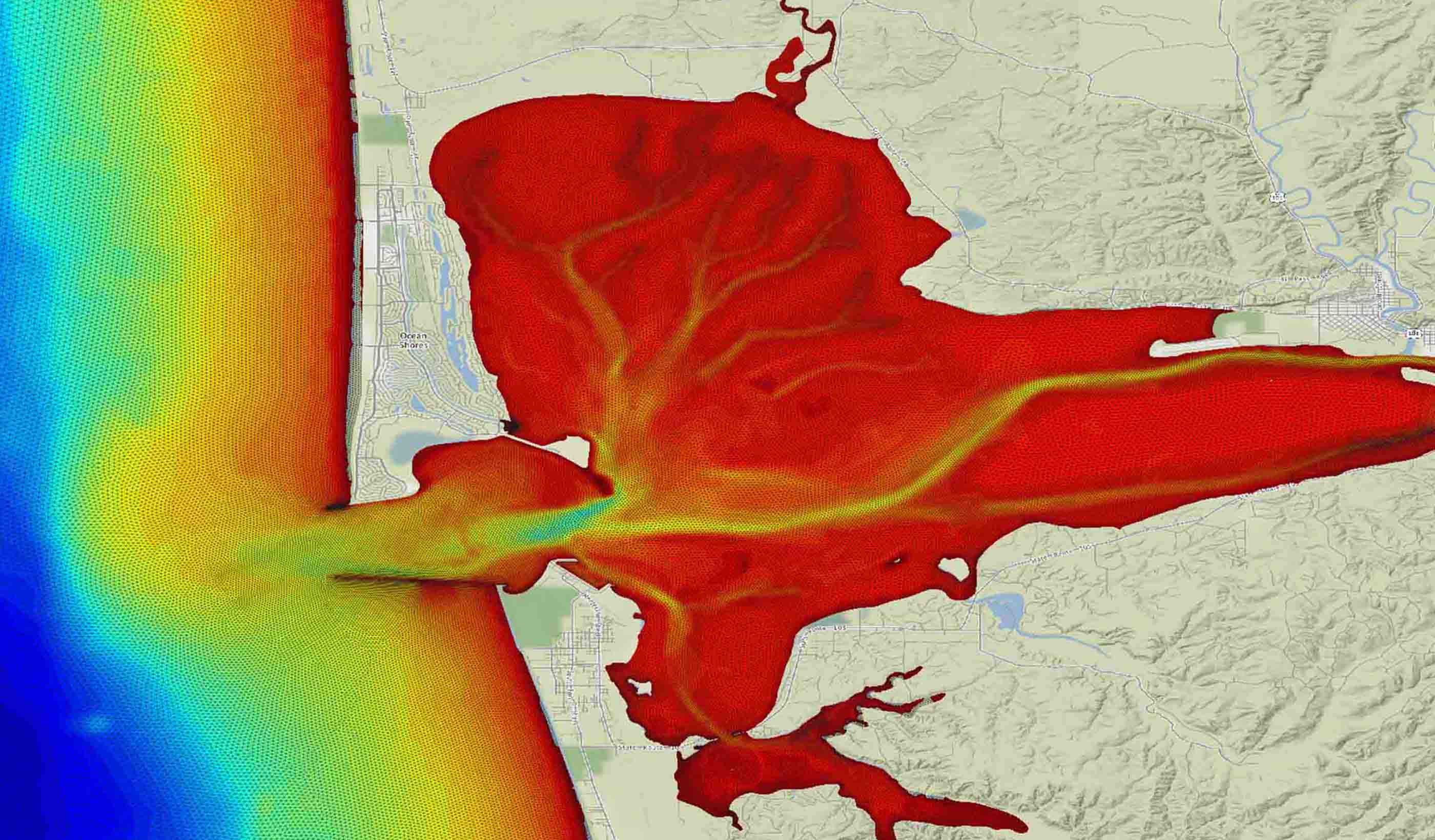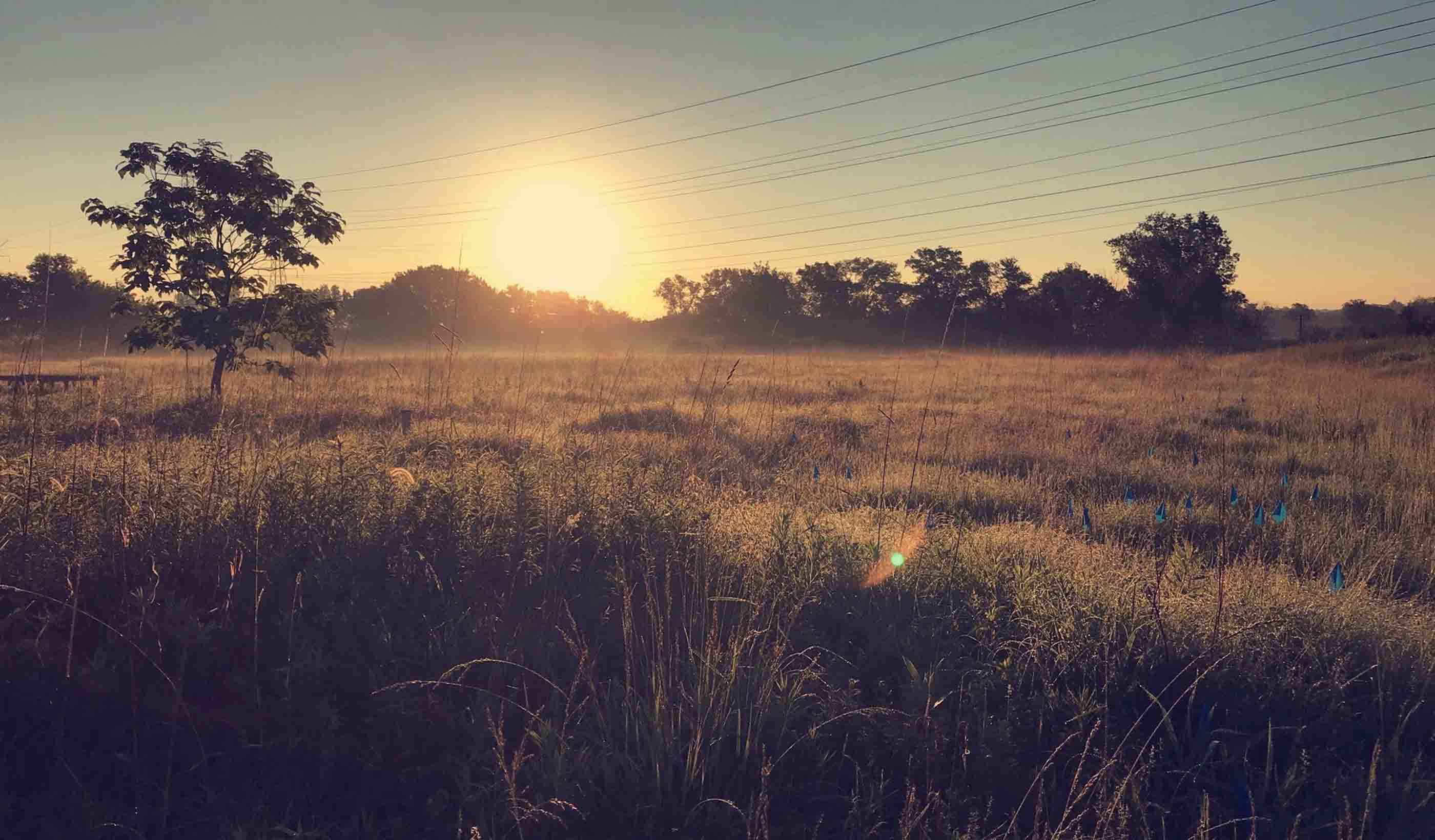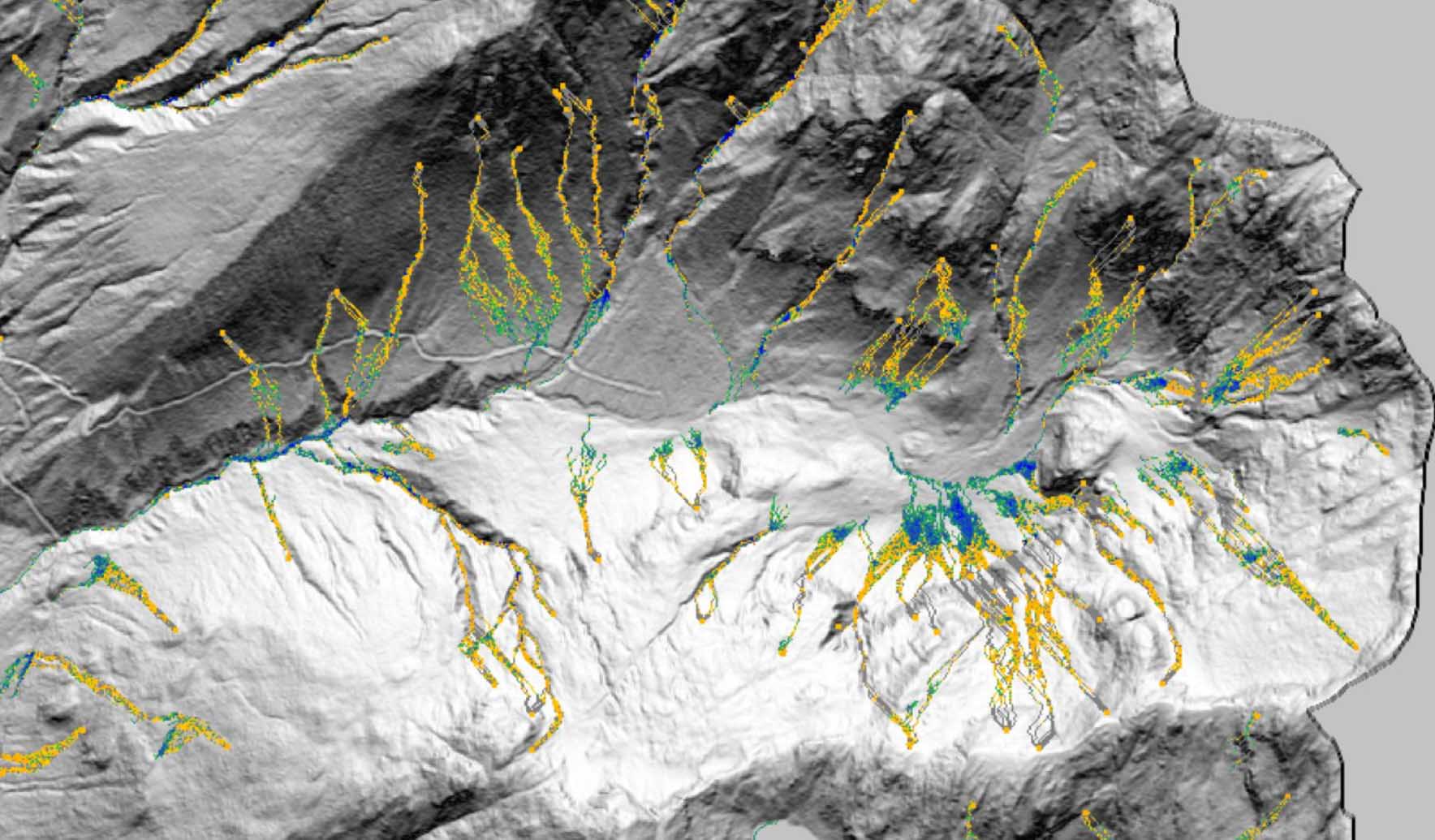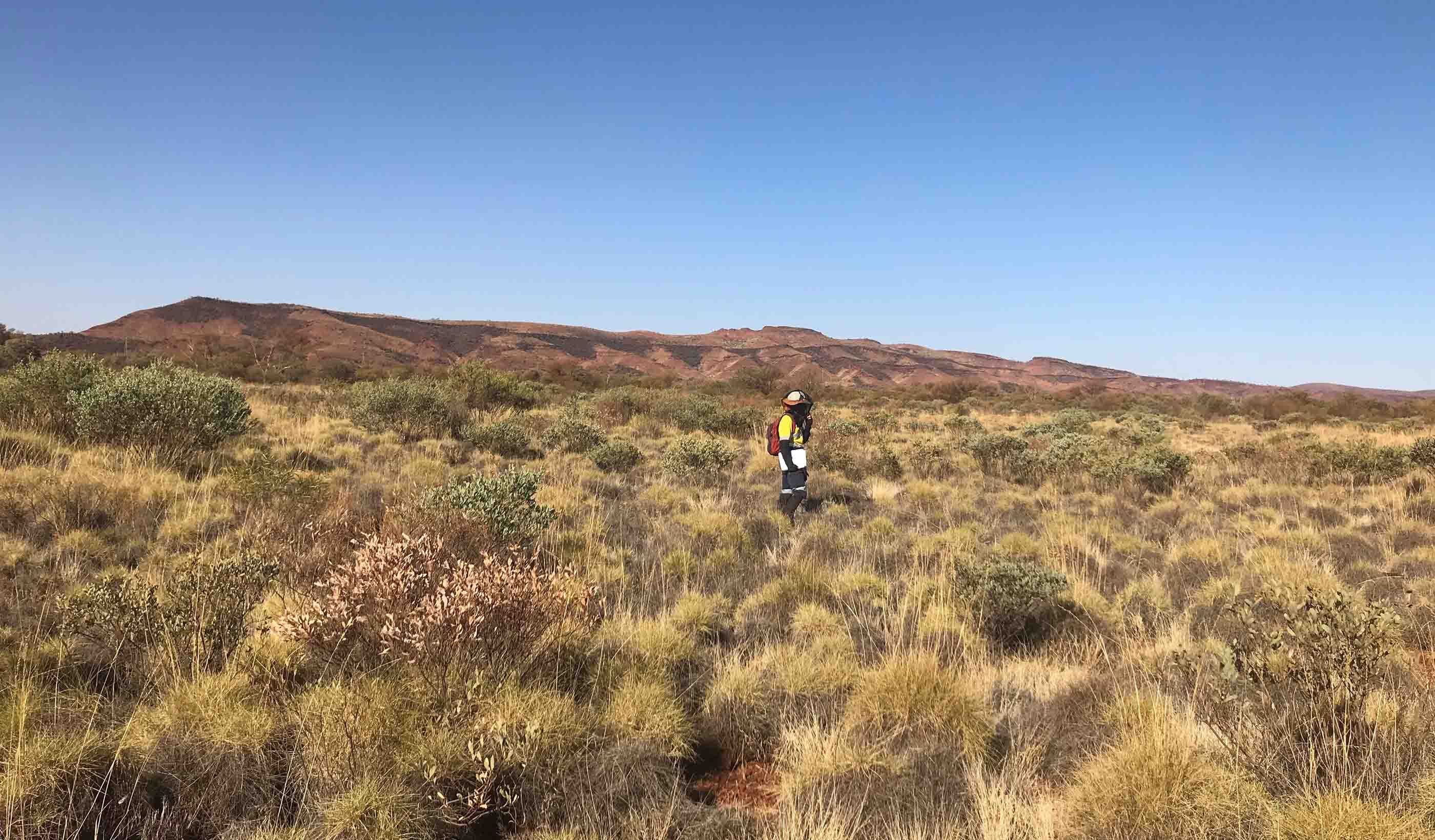- Location
- Iosco County, Michigan
- Offices
-
- Location
- Iosco County, Michigan
- Offices
Share
Kunze Creek Restoration
When the Saginaw Chippewa Indian Tribe of Michigan acquired a property that included a significant section of the Kunze Creek, buffered by wetlands and forests, they wanted to revive the area. The stream had been impacted by historic dredging, and its natural flow and aquatic and riparian habitat needed to be restored. We worked with the Tribe and regulatory agencies to remove log jams and provide sustainable solutions to re-establish the stream’s natural, meandering pattern.
Our water resources team assessed the stream and developed a plan using natural and sustainable techniques, including installation of log vanes and bank stabilization methods such as grading and native seeding. We knew that installing log vanes would help with the water flow—log vanes are flow deflection structures that reduce streambank erosion by deflecting water flows toward the stream center, dissipating energy, providing aquatic habitat, and creating downstream pools. Our plan’s design focused on installing a series of log vanes on alternating stream banks to deflect stream flows back and forth between opposite banks, creating a natural meandering pattern.
For further bank protection, we provided minor grading, native seed plantings, and woody debris along the stream. These bank treatments increase bank stabilization, establish a natural meandering water flow, and encourage the restoration of aquatic and riparian habitat along the stream.
- Location
- Iosco County, Michigan
- Offices
-
- Location
- Iosco County, Michigan
- Offices
Share
We’re better together
-
Become a client
Partner with us today to change how tomorrow looks. You’re exactly what’s needed to help us make it happen in your community.
-
Design your career
Work with passionate people who are experts in their field. Our teams love what they do and are driven by how their work makes an impact on the communities they serve.










